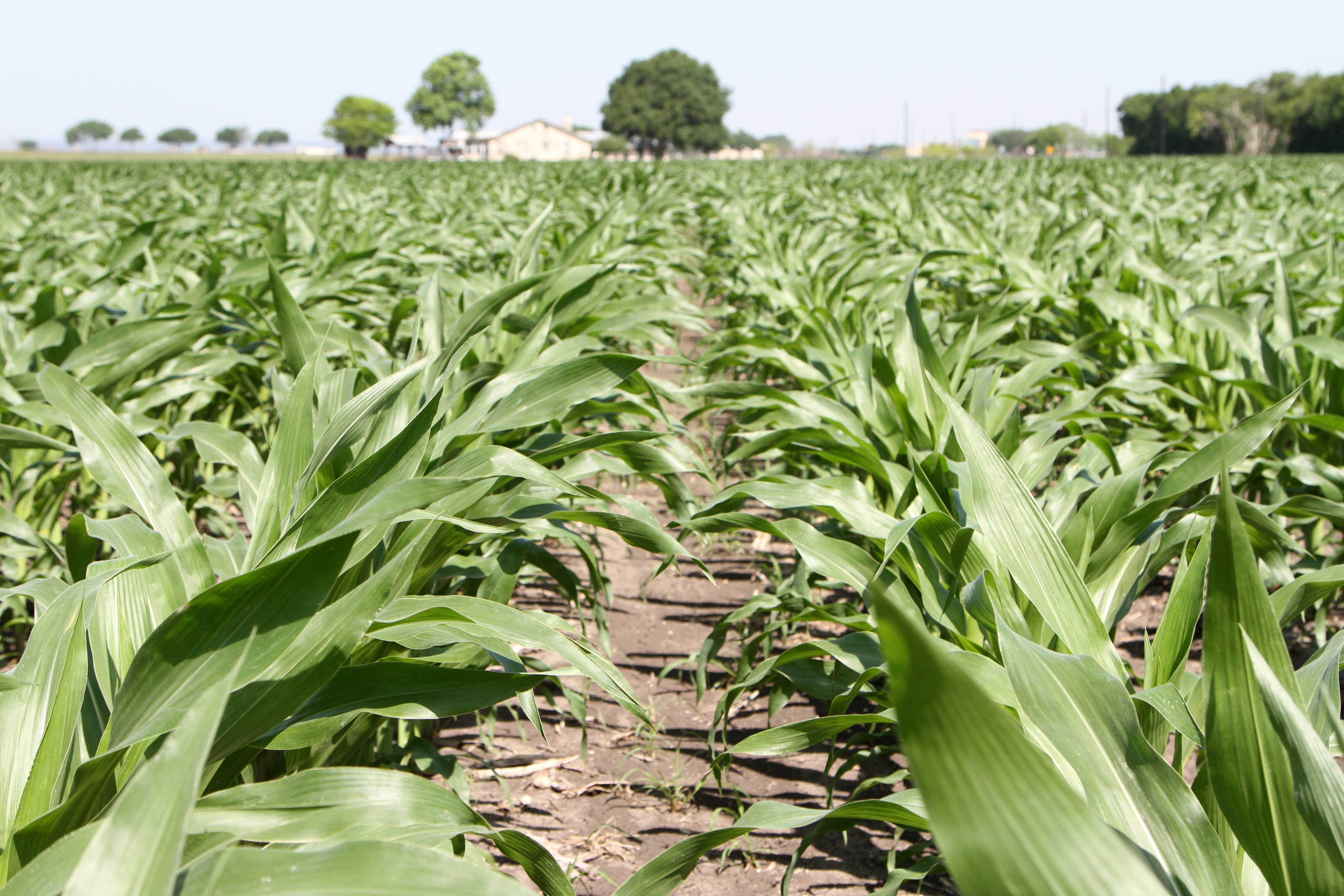By Jessica Domel
Multimedia Reporter
U.S. lawmakers will have to wait a bit longer for a response from the World Health Organization’s (WHO) cancer agency regarding its paper on the correlation between glyphosate and cancer.
Officials from WHO’s International Agency for Research on Cancer (IARC) reportedly told POLITICO reporters in Europe they will respond to the request when it comes from the proper agency—the state department.
The IARC’s communications officer also noted the request should be directed to the U.S.’ representatives on IARC’s governing council, POLITICO reports.
Last week, the House Science, Space and Technology Committee and its Environment Subcommittee sent a letter to IARC questioning recent a Reuters report comparing a draft of its glyphosate paper with the published product.
Reuters pointed out discrepancies that appear to point readers to the IARC’s conclusion that glyphosate is a probable carcinogen. Research and comments on the lack of connection between glyphosate and cancer were reportedly omitted or edited.
The committee requested the contact information of people it could talk to about the report and research at a potential future hearing.
“The committee wonders how many significant changes and deletions there were in the remaining pages,” the letter reads.
The deadline for the IARC to reply was Wednesday.
Texas Farm Bureau reached out to Congressman Lamar Smith of Texas, chair of the House Science Committee, on IARC’s response to POLITICO.
Wednesday afternoon, a committee spokesperson said the chairman had not yet heard directly from the IARC on the issue.
The House science committee isn’t the first Congressional request on the glyphosate research. Earlier this year, the House Committee on Oversight and Government Reform sent a letter to the National Institutes of Health asking why its research showing glyphosate does not cause cancer was not released.
A senior researcher on the project reportedly told Reuters the information was not published because it was too much for one paper.
That researcher then went on to lead IARC’s review of glyphosate.
The committee has not yet commented on what, if any, information was received by NIH.
Texas Farm Bureau has submitted a Freedom of Information Act request for the same information, but it has not yet been received.

